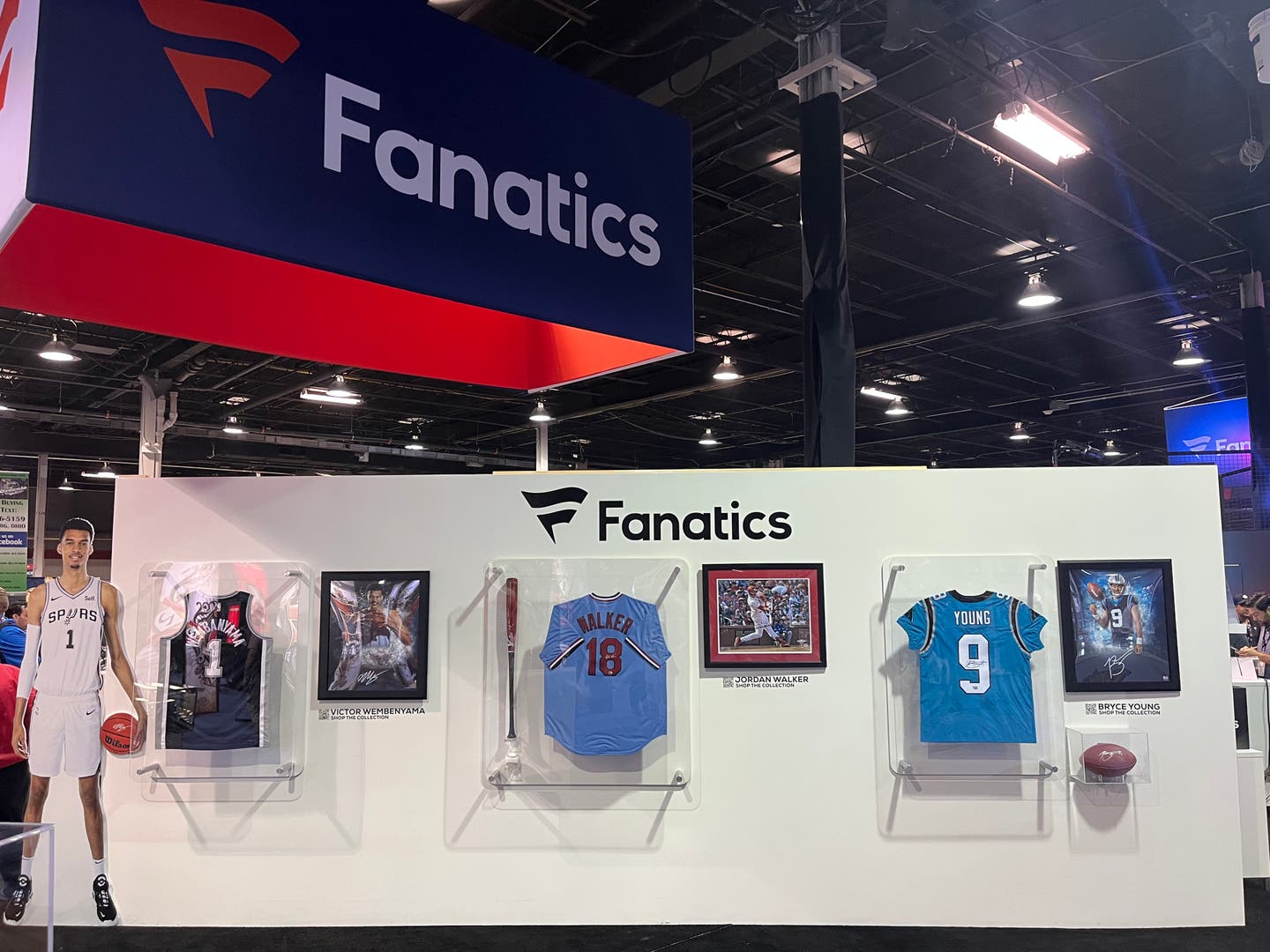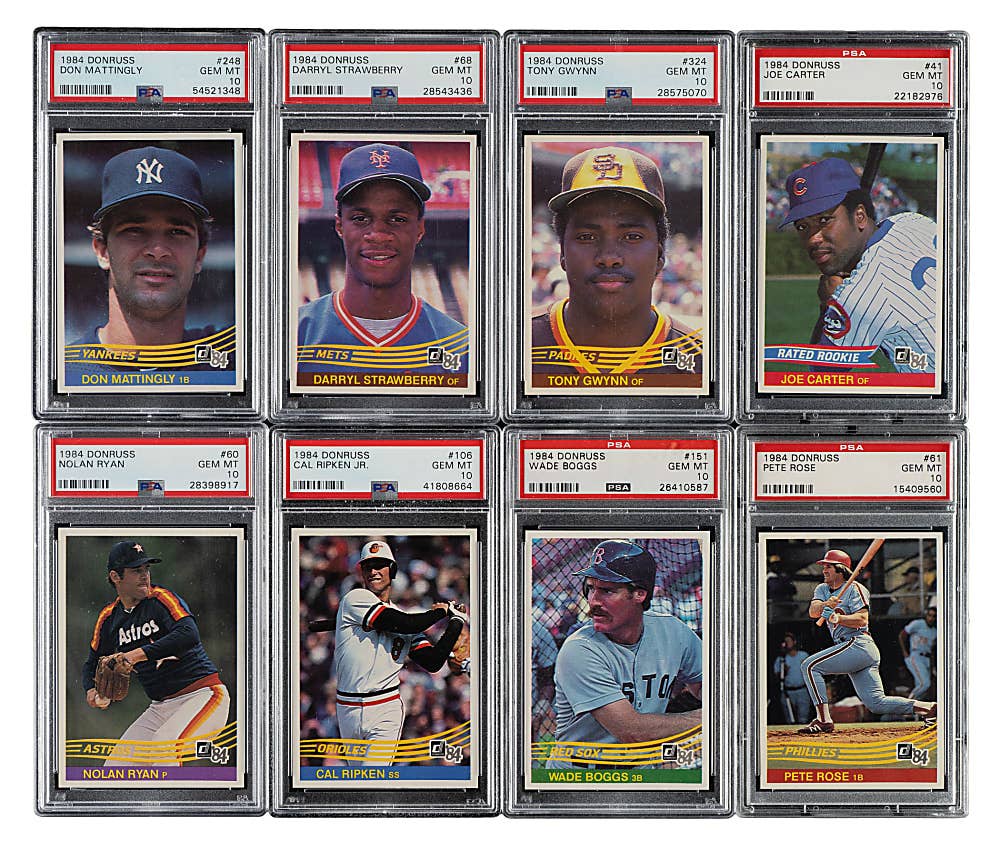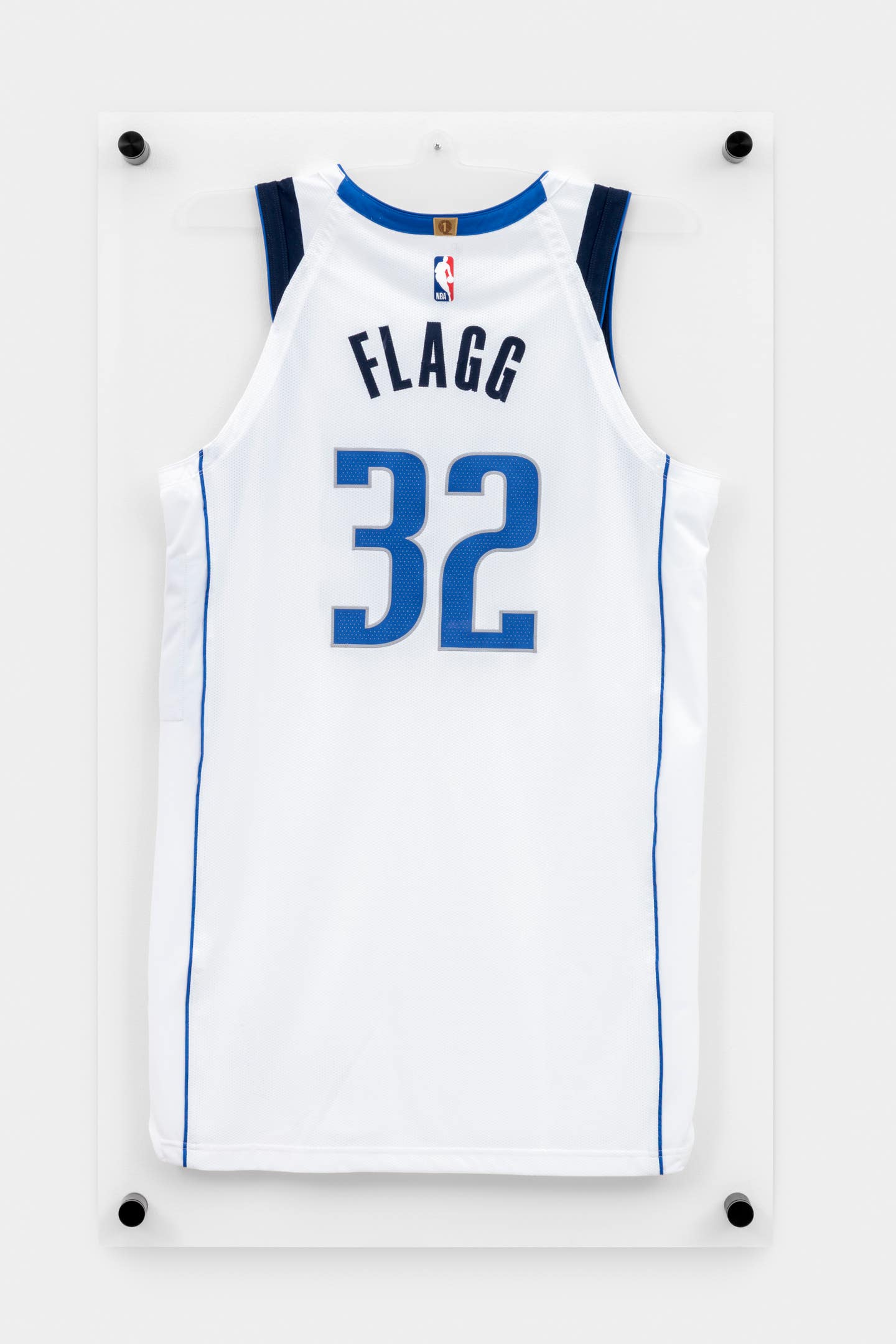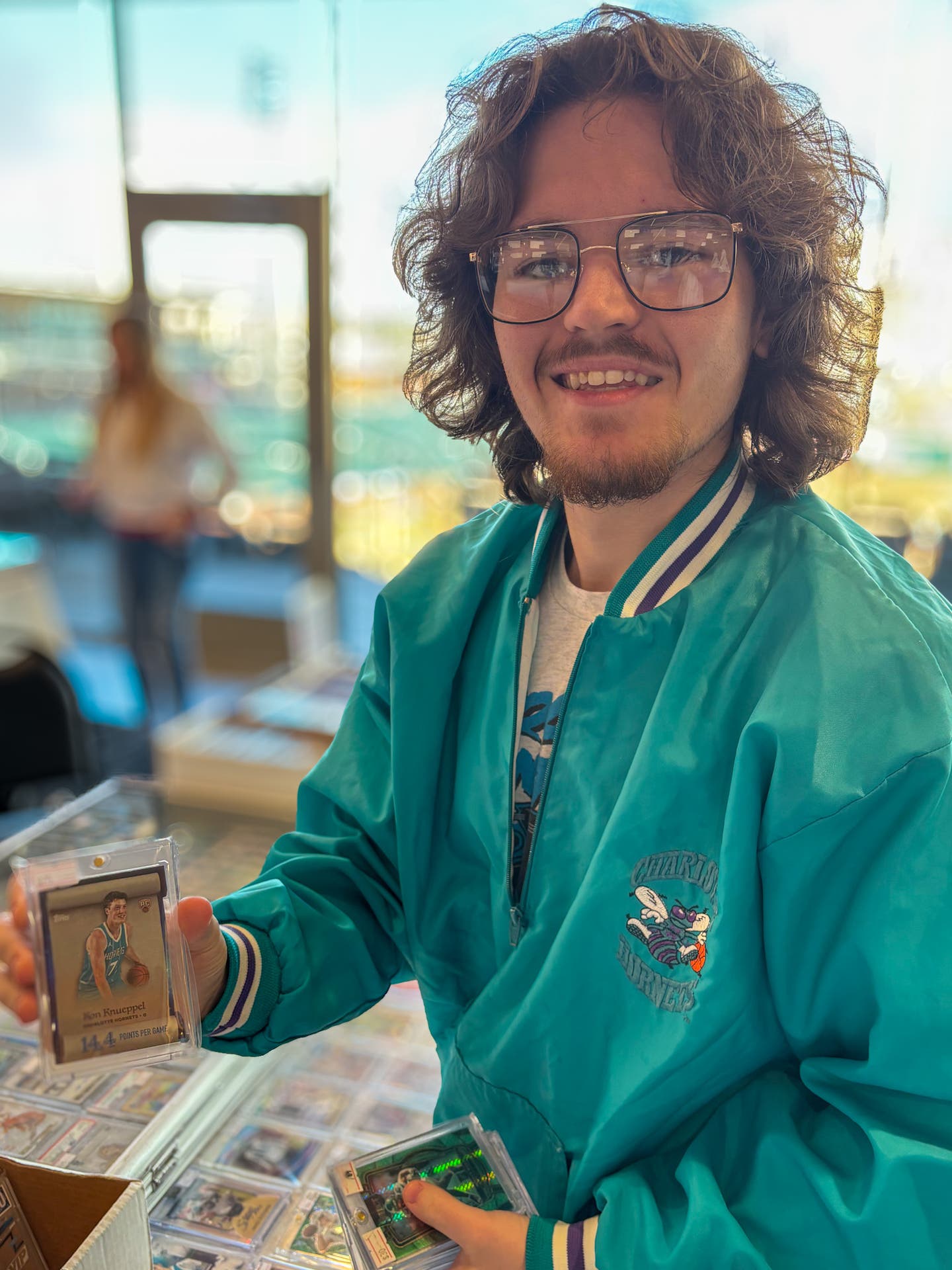
News
Panini vs. Fanatics lawsuit: What it means for sports collectibles hobby
Since acquiring the rights to produce baseball, football and basketball trading cards in 2021, Fanatics has fully immersed itself in the sports collectibles hobby, creating more and more companies and platforms to enter the many different facets of the industry.
Fanatics recently launched two new divisions — Fanatics Live and Fanatics Events — and Fanatics CEO Michael Rubin emphasized last week that the company has even more plans to spread its collectible wings.
“You just think about all the things we’re doing, we’re just getting started with all the plans that we have, and there’s an incredible foundation and so much to do,” Rubin told Sports Collectors Digest at the National Sports Collectors Convention in Chicago.
Added Fanatics Collectibles CEO Mike Mahan: “We’re just getting started. This is just the beginning. [We’re] really excited.”
Those plans may have just hit a big snag, however, as trading card company Panini has fired a major shot at Fanatics, filing a federal antitrust lawsuit against Fanatics on Thursday. The Wall Street Journal was the first to report news of the suit.
Panini still owns the exclusive rights to produce NBA basketball cards through September 2025 and the rights to produce NFL cards through 2026. It alleges in its lawsuit that Fanatics has interfered with those existing contracts and Panini’s ability to conduct business.
“Fanatics has done all this Anticompetitive Conduct to monopolize the markets for Major U.S. Professional Sports Leagues trading cards [and others] even before its exclusives begin,” the Panini suit, filed in a U.S. federal court in Florida, states. “In short, Fanatics seeks to cripple Panini both for the short term — the remaining years on Panini’s current exclusive license agreements — and the long term.”
Fanatics issued a terse statement Thursday, saying Panini’s suit is a “baseless last-gasp, flailing effort by a company that has lost touch with its consumers, is failing in the marketplace and has tried unsuccessfully for years to sell itself.”
“Panini is trying to blame Fanatics for its own inability to keep pace with what players, fans, and even its own employees rightly want,” the Fanatics statement says. “It is hardly surprising that Panini received a ‘F’ grade from the better business bureau.”
Shortly after acquiring the rights to produce trading cards in the three major sports in 2021, Fanatics purchased Topps for $500 million, allowing it to immediately exercise its contract with MLB and the MLB Players Association. According to numerous media reports, it also attempted to acquire Panini to get a jump on its NBA and NFL contracts.
Fanatics has also made numerous other moves in the hobby, acquiring major trading card seller PWCC Marketplace, debuting livestream content and shopping platform Fanatics Live and planning the launch next year of Fanatics Events, which will produce card shows and autograph signing sessions with professional athletes. It also created a bit of controversy recently when Topps implemented strict new rules that card and hobby shops must follow to continue selling Topps products.
The moves have caused many in the hobby to question whether the company is gaining too much control.
“I don’t love the monopoly word, but Fanatics and Topps are absolutely exerting more and more control with every move they make, and it’s frankly exactly what they said they were going to do in the beginning,” Sports Card Investor founder Geoff Wilson told Sports Collectors Digest. “If you listen to the very first words Michael Rubin said after it was announced that Fanatics was taking over the licenses to begin with, he said, ‘We want to control it all.’ And step-by-step, they’re putting things in place to control it all.”
Panini hopes to squash those plans through its federal antitrust lawsuit, which alleges that Fanatics used unfair business to acquire the trading card rights from MLB, the NBA, NFL and its players associations.
“Panini was not given an opportunity to bid or otherwise compete for the licenses Fanatics acquired,” Panini states in its lawsuit. “Panini only learned about Fanatics’ exclusive agreements after they were consummated, through reading about them in the media.”
Topps was on the verge of taking its company public when Fanatics announced it had acquired the MLB contract to produce baseball cards. Panini claims Topps had no choice but to sell its company to Fanatics.
“This practical effect of its exclusive deals was what Fanatics intended all along, which was that not only would Topps give in, but Panini would also fall like a domino in the wake of Fanatics’ Anticompetitive Conduct,” its lawsuit states.
The war between Panini and Fanatics began earlier this year when Fanatics hired more than 30 Panini employees, including most of its acquisition and product development team. Panini claims Fanatics even tried to hire Panini CEO Mark Warsop.
Panini claims Fanatics lured its employees away with “threats and enticements,” claiming that it would soon take over Panini. The company filed another lawsuit against Fanatics earlier this year over the hiring of its employees.
Panini also revealed in its lawsuit that Fanatics has acquired GC Packaging, LLC, the Texas printing company that prints most of its cards, forcing the card manufacturer to work with its chief rival. Panini says the acquisition was a violation of GCP’s contract with Panini and “was taken to undermine Panini’s ability to perform even in the short run under Panini’s existing licenses thereby hoping to force Panini into a sale.”
Panini also claims Fanatics has attempted to sign young players to exclusive autograph deals, preventing those players from signing autographs for Panini.
Panini is not only seeking unspecified damages from Fanatics, but is trying to nullify its purchases of Topps and GC Packaging.
Fanatics, which plans to file its legal response to the lawsuit soon, called Panini’s allegations “meritless.”
“At Fanatics, we remain focused on innovation and working to improve an industry that has been sleepily led by Panini for years,” Fanatics said in its statement. “Our fresh approach — which finally enables players to better connect with their fans and to earn a fair share of the value they have created — is working, and our partnerships with leagues, teams and players are proof of that.
“Panini’s meritless allegations won’t distract us or slow us down, and we will vigorously defend the lawsuit. Fanatics remains committed to providing a better model for our partners and creating the best possible experience for collectors across the globe.”
Jeff Owens is the editor of SCD.








